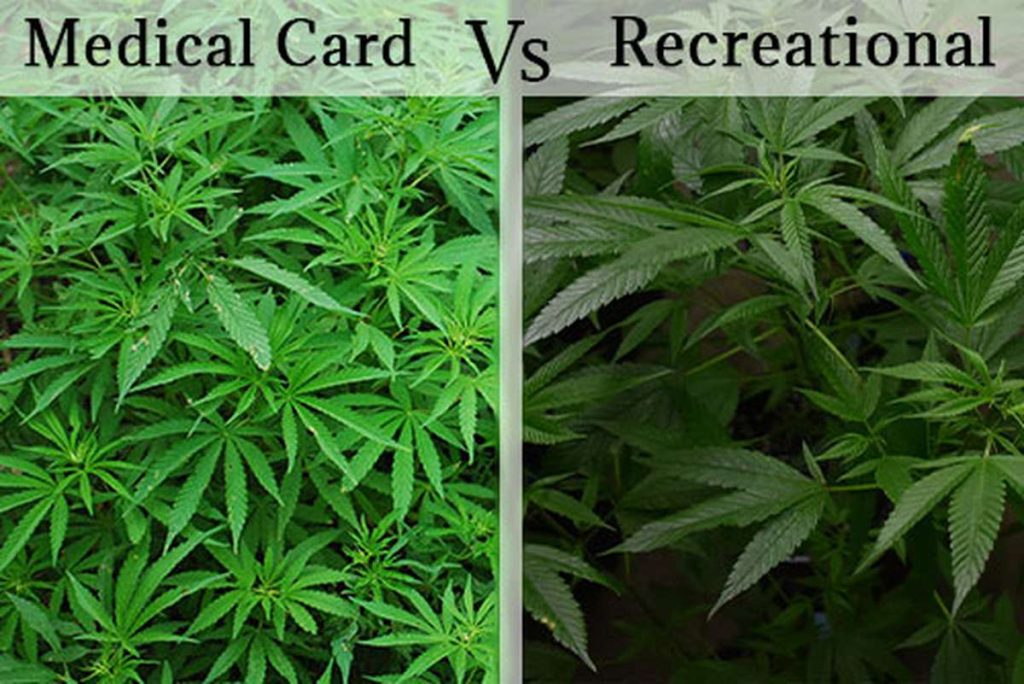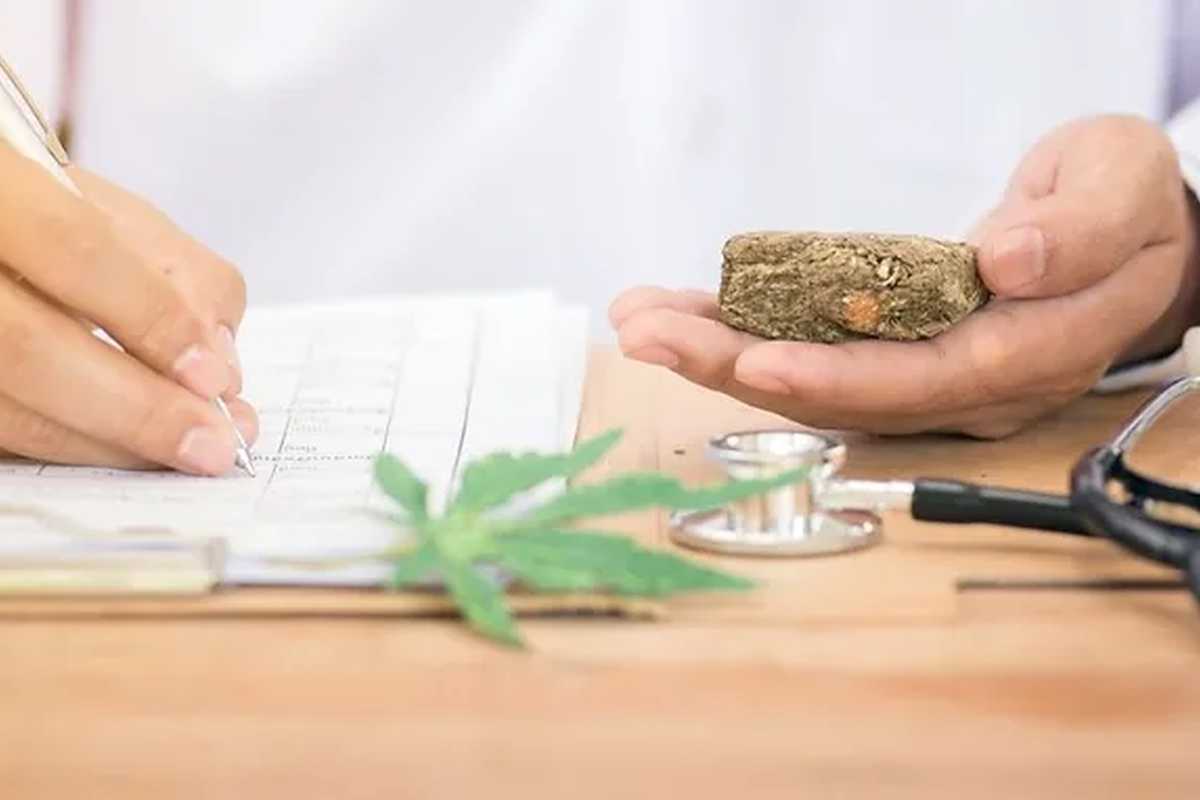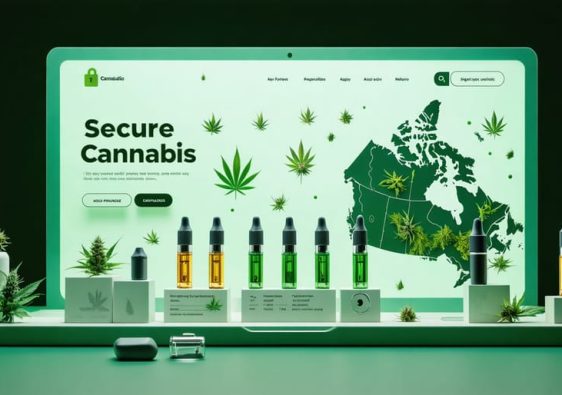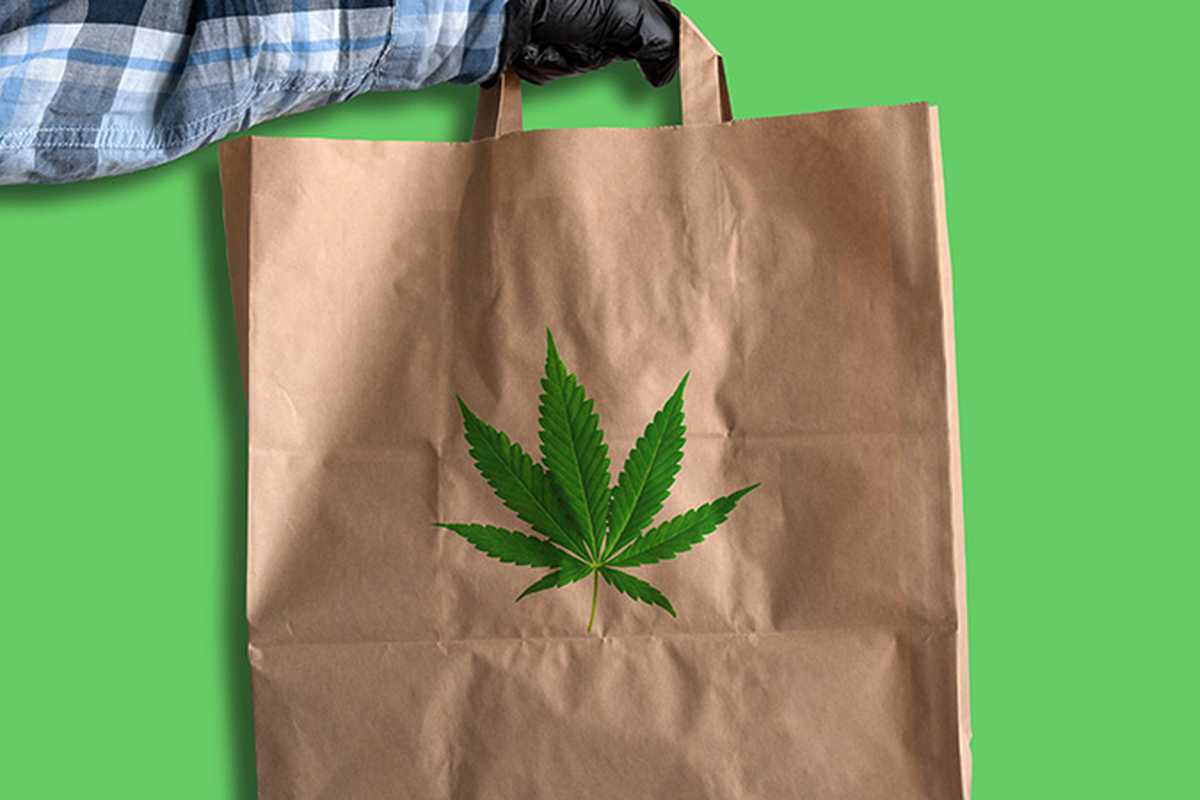Cannabis legalization has been a hot topic around the world, with various countries and states adopting different policies. As the landscape continues to evolve, it’s crucial to stay informed about the guidelines and laws regarding cannabis use, possession, and distribution.
Whether you’re a user, a medical patient, or just curious about the subject, here are some important guidelines about cannabis authorization you should know.
Know the Law in Your Area
First and foremost, cannabis laws vary widely by country, state, and even city. Some places have fully legalized cannabis for both medical and recreational use, while others have strict prohibitions or only allow medicinal use.
Before you consider using or purchasing cannabis, it’s essential to understand the specific laws in your area.
Check your local government’s official website or consult legal resources to get up-to-date and accurate information.
Age Restrictions
Almost everywhere that has legalized cannabis has set age restrictions, typically 18 or 21 years old, similar to alcohol regulations. This means if you’re not of legal age, you cannot legally purchase, possess, or consume cannabis.
Make sure to have a valid ID when purchasing from dispensaries, as they will check it.
Purchasing and Possession Limits
Legal jurisdictions often impose limits on how much cannabis you can buy or possess at any given time.
These limits can vary significantly, so it’s important to know the rules in your area. Exceeding these limits can lead to legal penalties, including fines or even arrest.
Consumption Guidelines
Just because cannabis might be legal in your area doesn’t mean you can consume it anywhere.
Many places restrict use to private residences and ban public consumption, especially in places where tobacco smoking is prohibited.
Driving under the influence of cannabis is illegal everywhere and can lead to severe consequences. This includes losing your driver’s license and facing hefty fines or jail time.
Medical vs. Recreational Use

In some regions, cannabis is legal for medical use but not for recreational use. If you’re using cannabis for medical purposes, you’ll likely need a prescription or medical cannabis card.
The requirements for obtaining these can vary, usually involving a doctor’s recommendation. Medical cannabis users might have different possession or cultivation allowances, so understand the specifics if you’re using it for health reasons.
Growing Cannabis
Certain areas allow individuals to grow a limited number of cannabis plants for personal use.
However, there are usually specific guidelines about where and how you can grow these plants, as well as how many you’re allowed to have.
If you’re interested in home cultivation, research the regulations carefully to stay compliant.
Quality and Safety Regulations
In places where cannabis is legal, there are often strict quality and safety regulations that producers must follow. This means when you purchase cannabis from a licensed dispensary, it’s been tested for contaminants and potency.
Be wary of buying cannabis from unregulated sources, as it may not meet these safety standards.
Employment and Cannabis
Just because cannabis is legal doesn’t mean your employer has to accommodate its use. Many workplaces have drug policies that prohibit the use of cannabis, even outside of work hours. Be sure to understand your employer’s policy on drug use to avoid any negative consequences.
Traveling with Cannabis
Cannabis laws vary not only by state or province but also by country. It’s illegal to cross international borders with cannabis, even between areas where it’s legal.
Similarly, while some states in the U.S. have legalized cannabis, it remains illegal under federal law, which can affect travel and possession of federal lands and facilities.
Stay Informed and Responsible
As laws and regulations around cannabis continue to change, it’s vital to stay informed. Follow local news, government announcements, and reputable sources to understand how any legal changes might affect you.
And always use cannabis responsibly, considering the impact on your health, well-being, and community.
Understanding the legal landscape and respecting the laws governing cannabis use is crucial. Remember, while the movement towards legalization and decriminalization is growing, the responsibility lies with individuals to follow the law and consume cannabis safely and responsibly.
Stay educated, stay legal, and if in doubt, consult legal counsel or other professional advice to navigate this evolving field.




